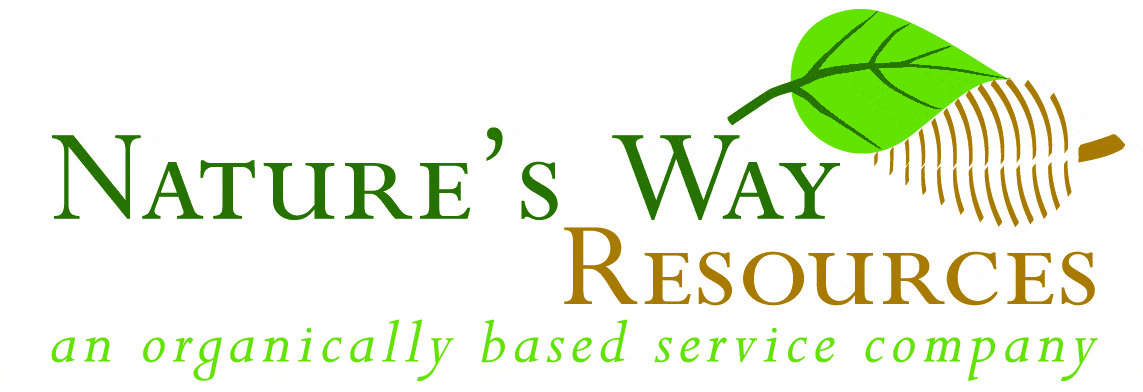John's Corner:
Soil & Plants (Part 135)
News from the Wonderful World of Soil & plants 135
By: John Ferguson
We often talk about environmental issues in this column, like water shortages, global warming, toxic chemicals, poor quality food, etc. One of the best ways to solve many of these problems is by composting.
In our area over 50% of the material going into out landfills is organic waste (grass, leaves, manure, food waste, etc.). In a landfill these organic materials generate a lot of odors and greenhouse gasses including methane and nitrous oxides that are molecule by molecule 28 and 300 times worse than carbon dioxide.
Landfills try and capture some of the gasses produced after a cell is closed and covered, but over 90% of the greenhouse gasses are released before the landfill cell is covered.
Our metropolitan area is growing rapidly with more and more people, hence more and more waste. Landfill space is decreasing and disposal costs are steadily rising. New landfills will have to be located farther out increasing transportation and disposal costs and generate more greenhouse gasses. As a society we need to recycle these organic wastes (over 20 states ban organic waste from landfills).
Cities from Seattle to Austin are now recycling their food waste by composting. Additionally, at Nature’s Way Resources, we often get calls from restaurants, small businesses, and homeowners whom want to recycle their food and other organic wastes.
So, for those whom want to be part of the solution, there is a new company in our area that will provide collection services for food and other organic waste called “Moonshot Compost”.
From their flyer:
Moonshot Compost specializes in providing clean and simple methods for diverting food waste from Houston landfills. Why? The case for diversion is straightforward. According to the U.S. Department of Agriculture, between 30 to 40 percent of the food supply is estimated to result in food waste. The U.S. Environmental Protection Agency says that approximately 20 percent of what goes into municipal landfills is food waste. And once there, food waste decomposes anaerobically to produce methane gas, which is at least 28 times more damaging to the atmosphere than carbon emissions.
The U.S. Environmental Protection Agency has implemented a Food Recovery Hierarchy that identifies an order of preference for managing excess food. Logically, the best methods are to reduce the volumes of surplus food generated, to donate any excess foods to feed hungry people and to divert food scraps to feed animals. It is even possible to utilize food waste to recover energy. After these activities are exhausted, the next best alternative is composting.
According to data from the 2015 Report on Commercial Food Waste prepared for the Houston-Galveston Area Council, approximately 5.47 pounds of food waste per person per day was being deposited in Texas landfills. One of the biggest barriers to large-scale diversion of food waste in Houston is the lack of food waste collection companies. Houston is a progressive city when it comes to quality-of-life issues, including the environment. Many other cities have extensive composting programs, including Denver, Seattle and San Francisco. Why not Houston?
When compost is placed on top of existing soil, there are many benefits, because compost adds valuable nutrients, leading to healthier plants; enhances soil structure, increasing water retention; and grows healthier plants, increasing the amount of carbon dioxide drawn from the atmosphere. When compost is added to soil that grows crops to feed people and animals, there are several benefits for our nutrition. Because the soil is rich and complex, that complexity is passed along to the food that is harvested. Savvy gardeners have been using compost for years to maintain beautiful and healthy gardens, whether residential or commercial.
Moonshot provides services for both residential and commercial clients, and we are excited by the interest in each program. Some of our commercial entities include ConocoPhillips, Ostia, Henderson & Kane, Rice University, St. John’s School, and Annunciation Orthodox School. Word is spreading, and we are ready to meet the challenge.
The company delivers organic feedstocks for composting to select collection facilities, including Nature’s Way Resources in The Woodlands-Conroe area. Earned compost is returned to subscribers twice a year, in the fall and spring. All the valuable nutrients and benefits of compost stay right in here in the Houston community.
Moonshot also reports diversion amounts for all clients, because the company believes you cannot change what is not measured. In our experience, we collect between 10 to 12 pounds per week from a family of four. Check out Moonshot Compost at www.moonshotcompost.com.

